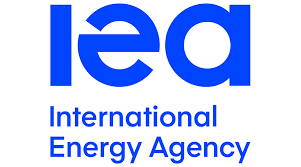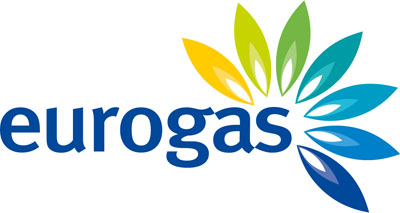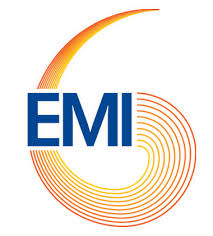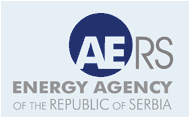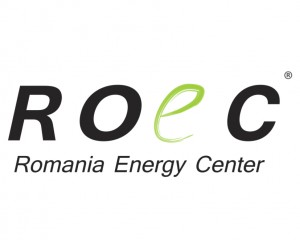The key role that buildings play in current efforts to improve energy efficiency across SE Europe was highlighted during IENE's latest Energy Dialogue conference which was held in Thessaloniki last week. Driven by concerns to alleviate energy poverty,especially in the poorer regions in SE Europe, but also by EU' s stated goals to include energy efficiency improvement in its overall energy transition strategy, buildings have emerged as a prime target where sizable energy savings can be realized. In this context we should remember that the EU had already set a target for a 20% energy efficiency improvement in buildings by 2020, which in 2016 the European Commission proposed to be upgraded to 32,5 % ,which has now been duly endorsed by the European Parliament. As a result a number of new measures are expected soon in order to ensure that this new and highly ambitious target is met.
In a well selected panel which included experts from Greece, Serbia and Armenia the benefits from the improvement of energy efficiency in buildings, as well as the difficulties involved in implementing EU and national policies, were discussed and analyzed at length.The need for buildings to be seen as energy consumers ,rather than just a simple building envelope,was stressed by Ms. Eva Athanasakou, managing partner of Euditi, an energy and environmental design firm. As the vast majority of energy used in buildings goes for heating and cooling (85%) a number of available and well tested techniques can be used to improve energy use and reduce costs.
Almost all panel participants agreed that improvements in technology and proper building design can be used to ensure very low energy consumption levels.Today,it was observed, it is technically easy to reach as low consumption levels as 10-30 kWh/ sq.m. per year , depending on the building type and use and further reduce these levels by combining energy efficiency with renewable energy supply systems.
As 75% of the existing building stock is regarded as energy inefficient there is a huge potential for efficiency improvements, hence contributing,partly, in achieving the set climate targets.
The role of energy efficiency in combating energy poverty, especially in the Western Balkans, was highlighted in a paper prepared by Mihailo Mihailovic and Nikola Tomasovic.The authors argued that almost 16% of the population of SEE lives in energy poor conditions directly influenced by low household income, energy price hikes of recent years (directly related to the transition of economies from central planning to market driven) but also because of lack of access to proper advisory services and social care. A detailed analysis of electricity and gas price formation and fluctuation over the years for selected countries in the region amply demonstrated the thesis of the authors.
The role of best practices in developing and adopting state energy efficiency programmers, which over the last eight years have been introduced,largely backed by EU structural funds, in several countries in SE Europe was elaborated by Dr.George Paparsenos, a well known energy expert from Greece with vast experience in managing complex energy programmes. Speaking on behalf of the Armenia based Foundation to Save Energy (ESF), Ms.Astghine Pasoyan put emphasis on the role of energy efficiency as a means of achieving energy security, an issue which appears to be underrated in the current energy strategy debate. With Armenia being a good example as green and sustainable energy policy appears to be at the epicenter of local government initiatives as the latest Supporting Covenant of Mayors in Armenia shows.

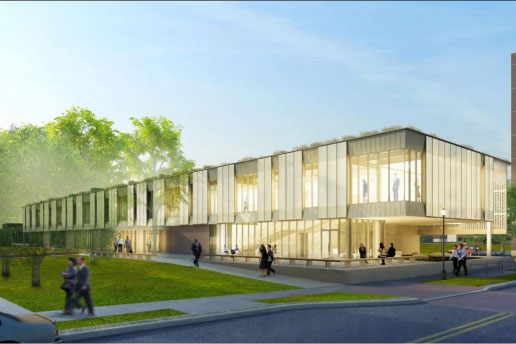 The key role that buildings play in current efforts to improve energy efficiency across SE Europe was highlighted during IENE's latest Energy Dialogue conference which was held in Thessaloniki last week. Driven by concerns to alleviate energy poverty,especially in the poorer regions in SE Europe, but also by EU' s stated goals to include energy efficiency improvement in its overall energy transition strategy, buildings have emerged as a prime target where sizable energy savings can be realized
The key role that buildings play in current efforts to improve energy efficiency across SE Europe was highlighted during IENE's latest Energy Dialogue conference which was held in Thessaloniki last week. Driven by concerns to alleviate energy poverty,especially in the poorer regions in SE Europe, but also by EU' s stated goals to include energy efficiency improvement in its overall energy transition strategy, buildings have emerged as a prime target where sizable energy savings can be realized


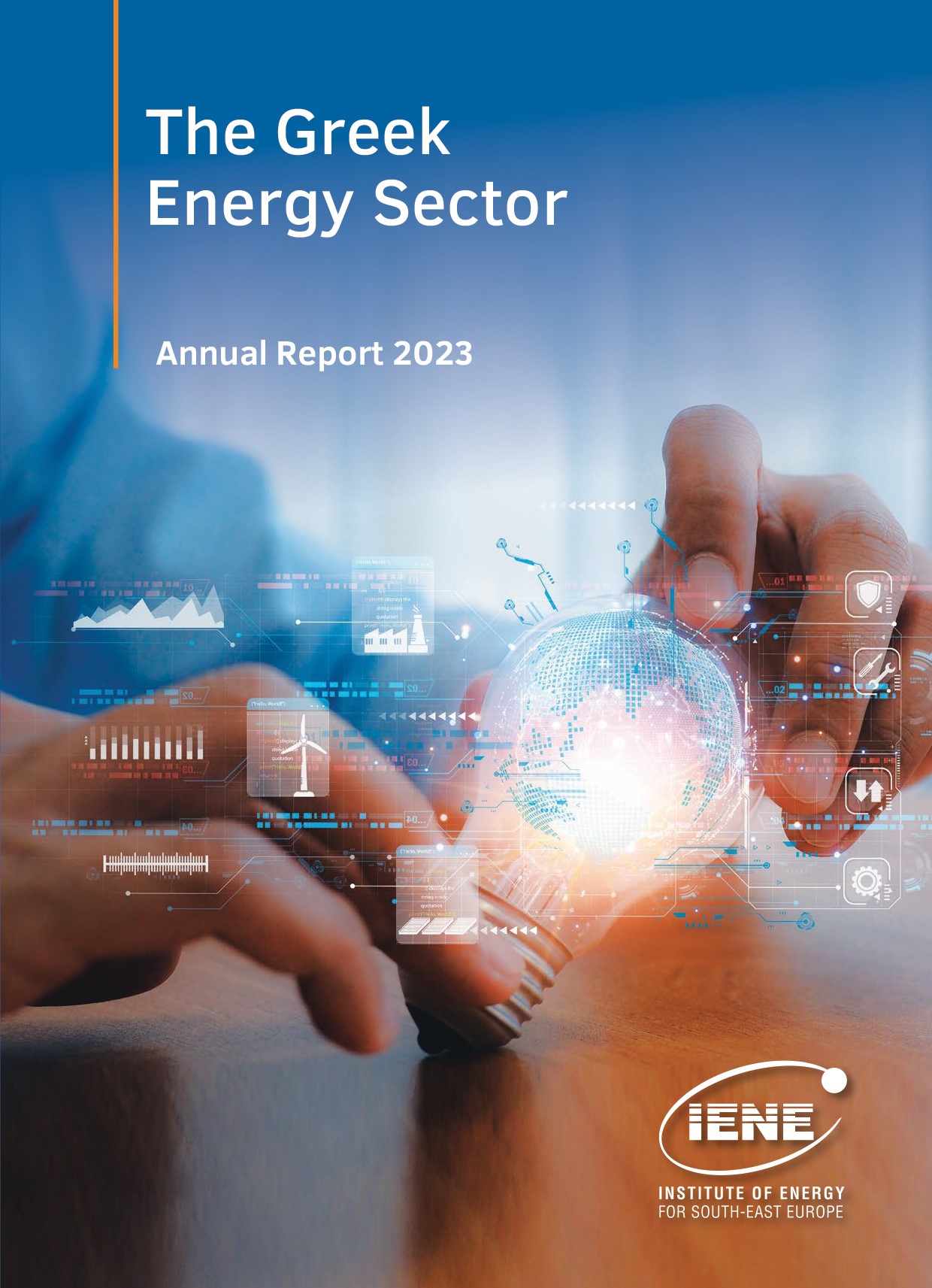

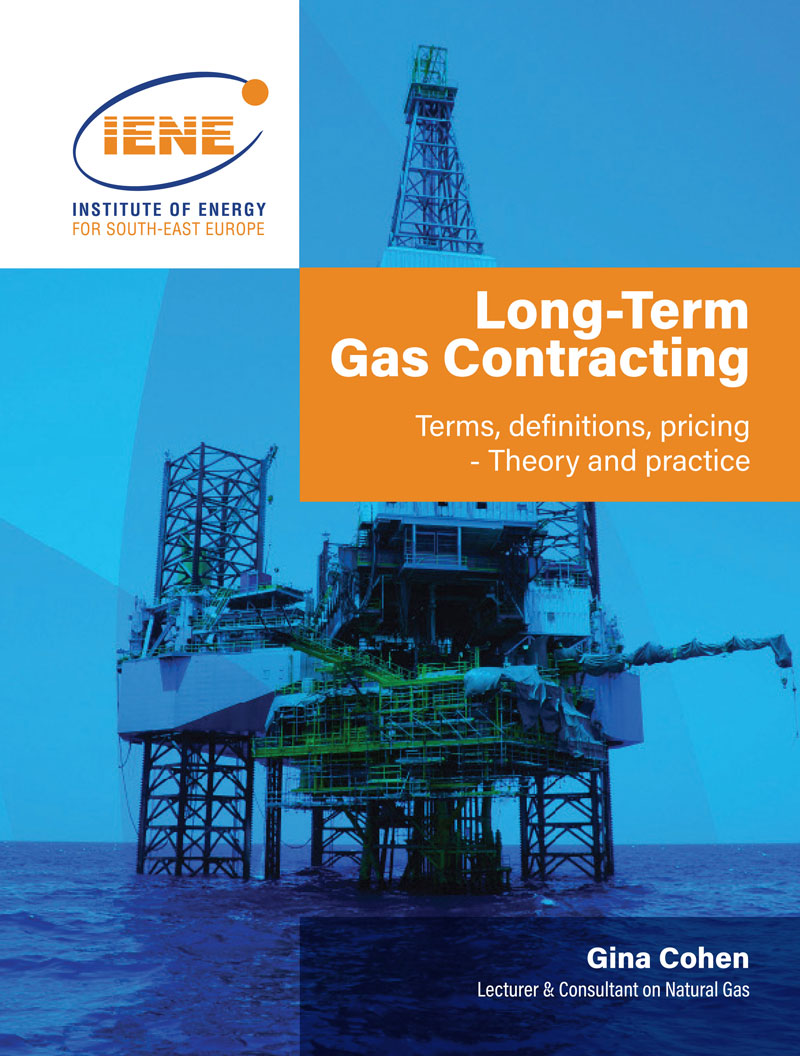 More
More
